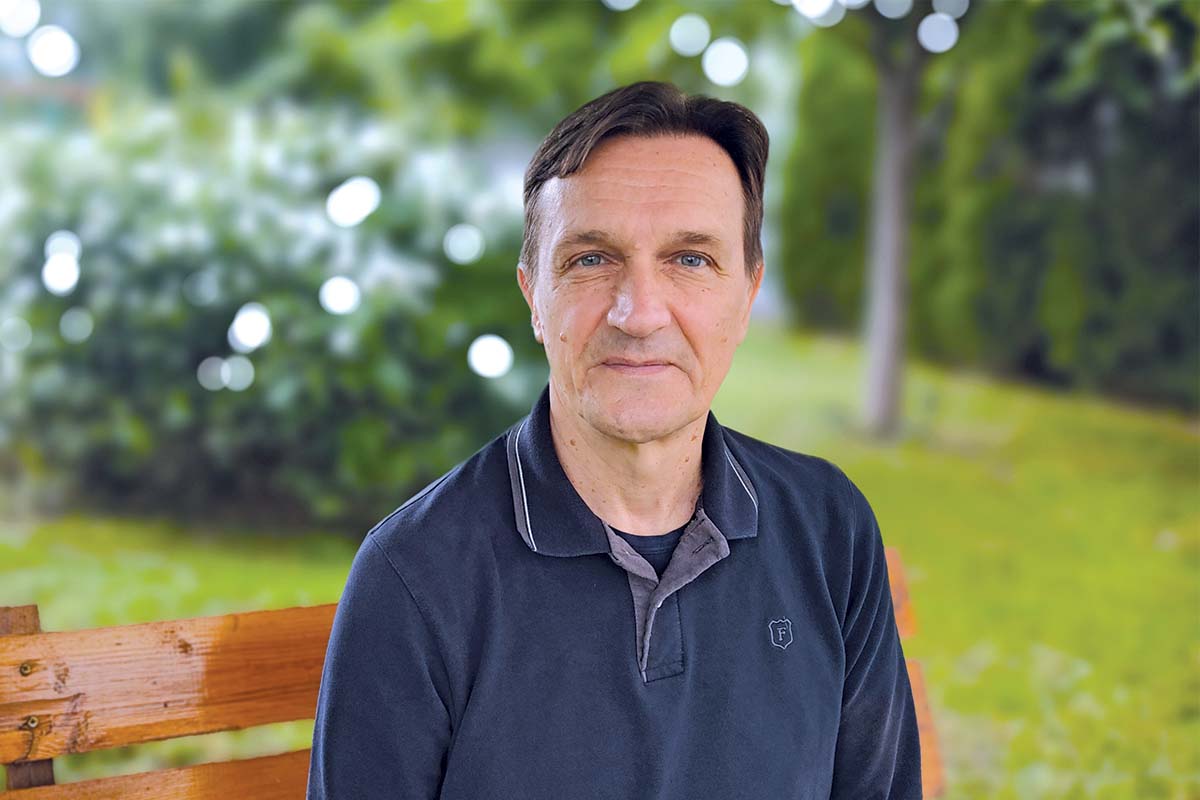I remain moderately optimistic despite this, and consider Serbian society as also having the capacity to make a sustainable transformation, especially if citizens manage to rein in the trend towards postmodern conceit, arrogance and egocentrism. They won’t be able to do so when it comes to the consumer mentality, which has long since broken free of any control, and not only in our country
I am a descendant of craftsmen and farm workers, the son of a lawyer and a teacher. I was born in the old urban core of Novi Sad, so being a Novi Sad native was, and remains, my primary collective identity. Behind the successes I’ve achieved in life stands, first and foremost, the love, understanding and support of my mother, as well as her ability to harmonise my interests and obligations in childhood and early youth with my age.
She claims that I had already declared in my early teen years that I would deal with cultural anthropology. That didn’t prove completely successful for me, but I’m nonetheless satisfied: the sociology of culture and religion are certainly scientific disciplines in which I found myself. In my youth, the search for the that which isn’t plainly obvious often intertwined with an interest in esotericism, mysticism and secret societies, which resulted in some serious scholarly papers in my academic career addressing the areas of occultism, freemasonry, primitive magic and superstition. Nonetheless, my more serious professional engagement began in politics: as a member of the last ever convocation of the presidency of the League of Socialist Youth of Yugoslavia from 1988-90, while I also bore witness to the socio-political processes that inevitably led to the disintegration of the Socialist Federal Yugoslavia.
And as a then member of the Yugoslav Forum for Human Rights, I was certain that we faced a long and arduous road to create civic individualism in post-Yugoslav societies. In accordance with that, social transition continues to be a sociological laboratory in which Serbian sociologists are also engaged, investigating problems ranging from the anomic and criminalised legacy of the 1990s to those leading to the recent tragic events that shook Serbia to its core.
Sociology could certainly do much more to increase our understanding of ourselves and the society in which we live, in the case that there was greater interaction with state institutions, primarily educational and political institutions, but also with the public
Serbian sociologists, along with psychologists, in their scientific papers – which in the vast majority of cases are the result of work on projects actually funded by the state – have long indicated problems and processes that encourage increased violence, but also the social causes of fatal apathy towards that violence. Sociology could certainly do much more to increase our understanding of ourselves and the society in which we live, in the case that there was greater interaction with state institutions, primarily educational and political institutions, but also with the public. I remain moderately optimistic despite this, and consider Serbian society as also having the capacity to make a sustainable transformation, especially if citizens manage to rein in the trend towards postmodern arrogance and egocentrism. They won’t be able to do so when it comes to the consumer mentality, which has long since broken free of any control, and not only in our country.
I believe one can live a full and rich life even under modest economic conditions. I find satisfaction in my profession, in my work with students and in their success. Despite my age, I still strive to advance my abilities, skills and knowledge, and I still cultivate some useful habits from my youth, such as physical activity, enjoyment of the arts – particularly music – and reading. Reading… we are failing to pass on that most useful and civilising habit to the younger generations, and I must admit that this concerns me much more than political divisions in Serbia.
